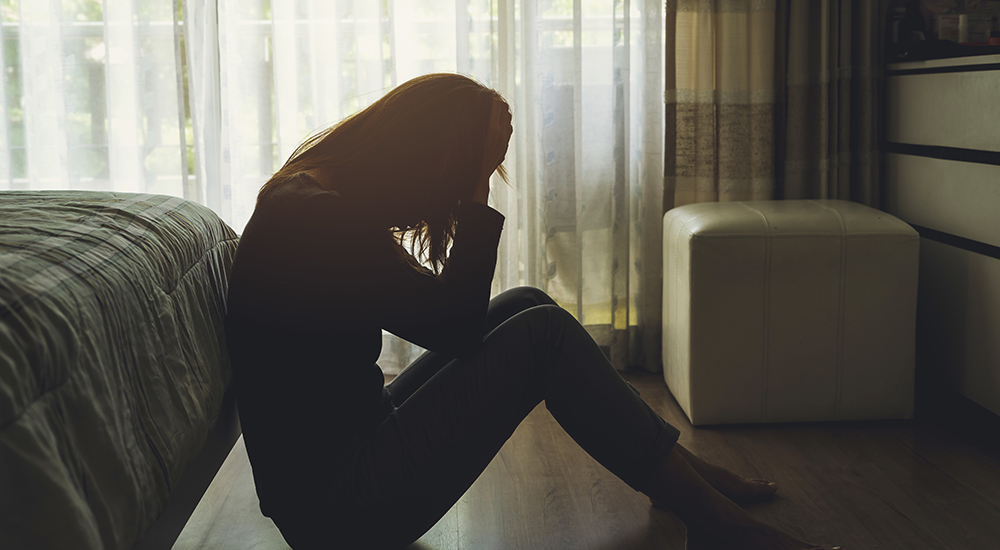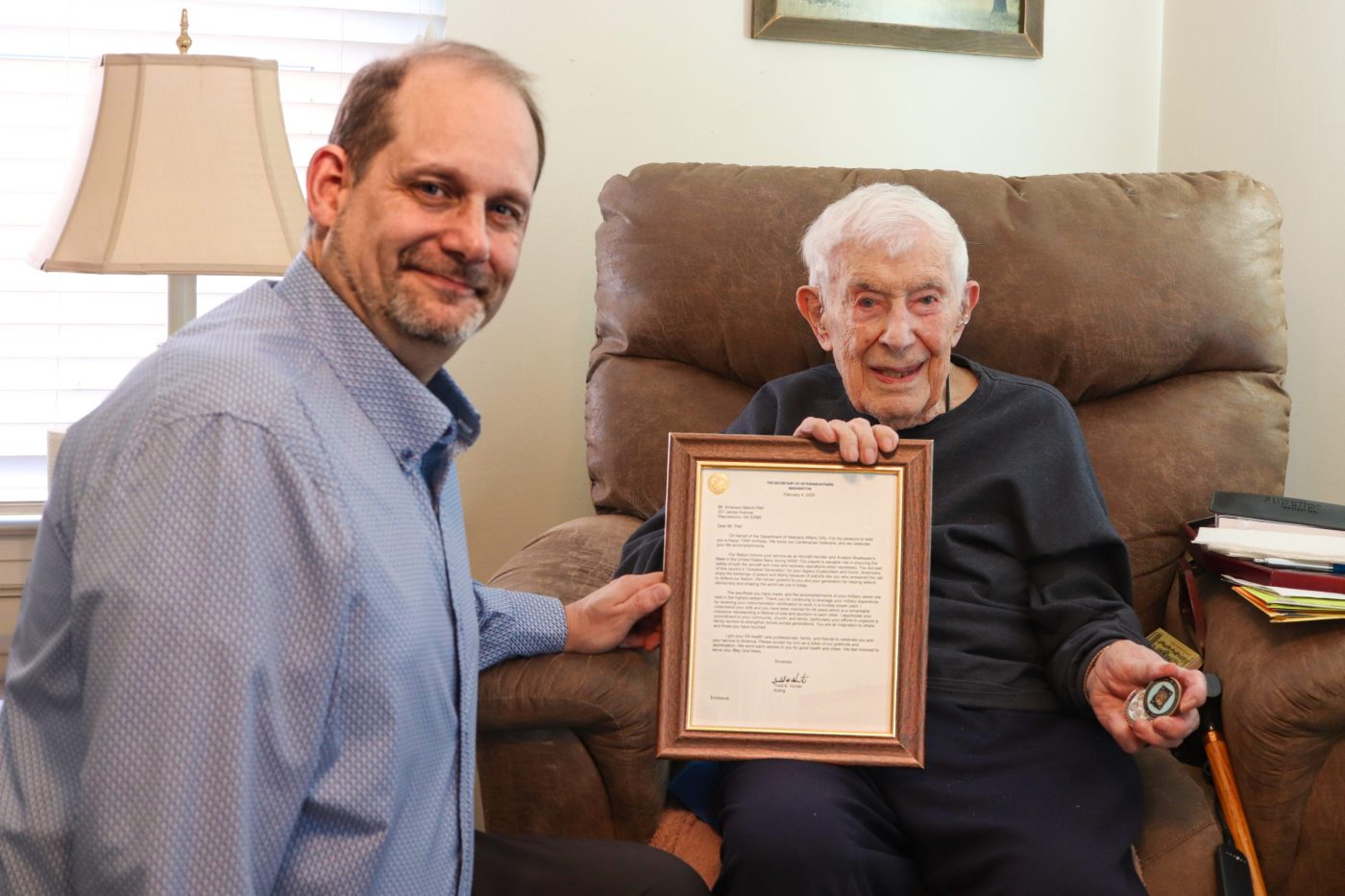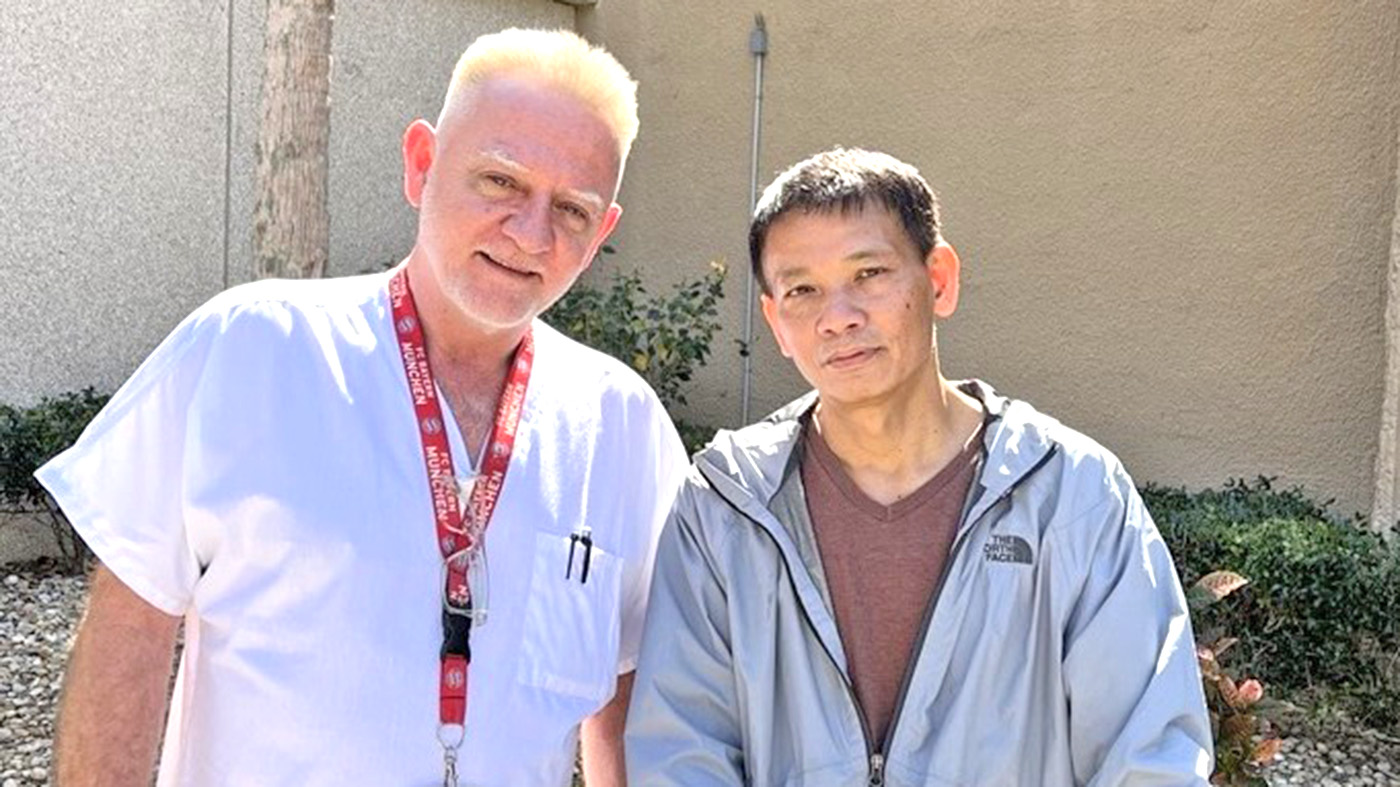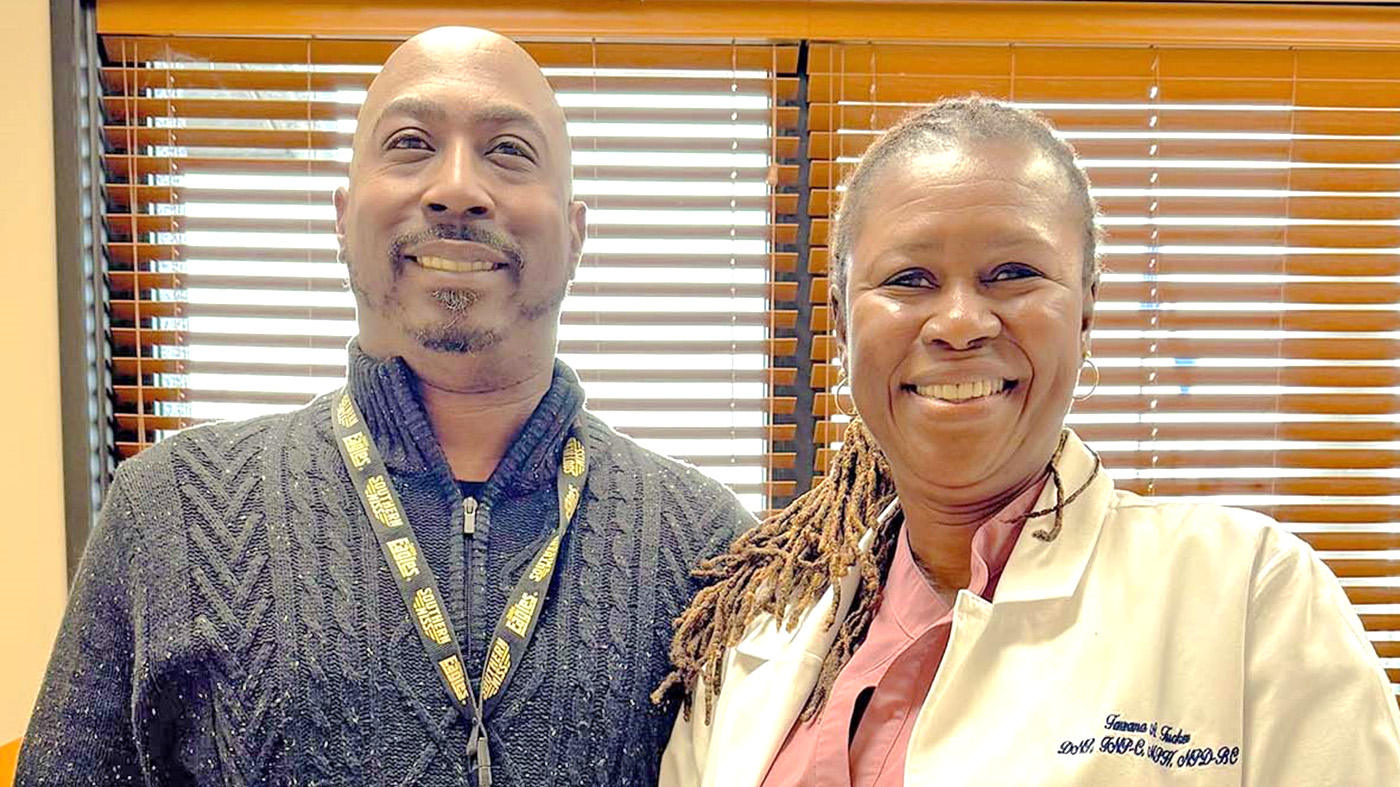One third of women Veterans experience intimate partner violence during their lifetime
Dr. Katherine Iverson, a clinical psychologist, and researcher at the VA Boston Healthcare System works with women Veterans who have experienced intimate partner violence, or IPV. Often called domestic violence, IPV occurs when a current or former intimate partner such as a boyfriend, girlfriend or spouse harms, threatens to harm or stalks their partner.
Iverson’s basic message to women Veterans who have experienced IPV: “VA can help.”
According to the VA Women’s Health Services Office, one third of women Veterans experience IPV in their lifetime, compared with less than a quarter of civilian women. Researchers are not sure why, says Iverson, but one reason might be that women Veterans simply “have more risk factors” for IPV, including “having parents who have experienced IPV, witnessing violence in the home and being a victim of childhood sexual or physical abuse. We know that people who’ve had these experiences in childhood are more likely to go into the military.”
Plus, a woman Veteran or service member is more likely to partner with or marry another Veteran or service member, who in turn is at greater risk of being violent with their partner.
Iverson’s recent research focuses on women Veterans who experience traumatic brain injury (TBI) as a result of IPV. “In my clinical work, I found that women are often strangled or choked by intimate partners during their assaults,” she says. “Or they might be badly punched or elbowed to the head, face, or neck, or have their head bashed against the wall.”
She notes that women may be more likely than men to experience severe symptoms from such injuries. In a study of Iraq Veterans with TBI, women reported significantly more severe health problems than men and were much more likely to be diagnosed with depression and PTSD.
In addition to the harms caused by TBI, IPV itself is linked with a range of health issues including stomach trouble, sexual health problems and mental health symptoms. “Women who experience IPV are twice as likely to attempt suicide. They are two to four times more likely to have diagnoses of PTSD and depression and to use alcohol—perhaps as a way of coping with the IPV they experience.”
On top of those challenges, says Iverson, women who have experienced repeated IPV “can be colossally critical of themselves” and tend not to trust their own feeling that something is wrong. “If you’ve been put down enough and told that you are crazy, you can start feeling like that. So I think an important part of what clinicians can do is validate for women that their experiences are legitimate; that they don’t deserve to be treated like that; that it’s not their fault; and that there are programs that can help.”
Iverson says that women Veterans who have experienced IPV, or think they might have, can ask their VA health care provider for help. “If they have a provider that they feel comfortable with, like primary care or mental health provider, we’d encourage them to talk to their provider about it.” Women Veterans can also talk with a VA social worker or ask if their VA facility has an IPV coordinator, “who are really the experts on connecting with community services.”
Iverson notes that since VA is an integrated health care system that offers mental health and social work services along with health care, “we can play a very important role in helping women understand symptoms that they experience, to recognize IPV, to know where to seek help, to get help for their own symptoms so that they can make decisions that are best for themselves and their children.
“Essentially, we focus on enhancing the tremendous strengths and resilience that women Veterans already have.”
IPV resources for Women Veterans:
- National Domestic Violence Hotline: 1−800−799−7233 (SAFE) or TTY 1−800−787−3224
- VA PIV Assistance Program
- IPV information from the National Center for PTSD
- VA women’s health services information
Interview by Erica Sprey, VA Office of Research & Development
Topics in this story
More Stories
When asked if he's a hero, 100-year-old WWII Navy Veteran Emerson Pell gave a short, modest response: “I was just a normal guy.”
A member of the Care Transition Clinic got to demonstrate his I CARE values for an Army Veteran.
When a Veteran explained a diabetic health issue to staff, they scheduled an immediate medical appointment.







I can see this happening more for women VETs than for civilians. No one wants their CO or anyone in their unit knowing about abuse going on because they’re worried that they’re going to be in trouble. Especially, if their partner is also an active duty. I’m speaking from experience. How was I to explain two black eyes when I went to work on Monday? We were young and couldn’t afford him losing any pay or rank as punishment. Everything I did was in furtherance of my own career, and I didn’t want anything to mar my record.
This is very sad, I lived it, and watched my girlfriends live with this too while serving.
Thank you for this information. I am not a vet. However, I am a mother, ex wife, daughter, sibling, neice, granddaughter, of many who have served and it’s been hell for years. I need to connect with my younger son a marine vet. We are presently disconnected. I would like to reachout to his CEO don’t know him or where to begin. Do you have any suggestions for a first contact? I would be most grateful for any guidance you may offer. Thank you in advance for you assistance.
And of course this ‘research’ was done by a women. More junk science, much like global warming.
Alan Scher, why be so angry that a woman wrote this information?
Our veterans deserve the best that society has to offer. Currently, I am pursuing a career as a VA Chaplain to serve
and utilize spiritual gifts to encourage, empower, and give hope to veterans, assuring them of God’s unconditional love
and acceptance. Women and men inclusively are worthy of care that contributes to complex issues and challenges veterans
continue to face.
Lack of self control. Inability to step back and mentally regroup. Crying out for help. All sad.
so horrified, and so sorry for these women, why did this happen?